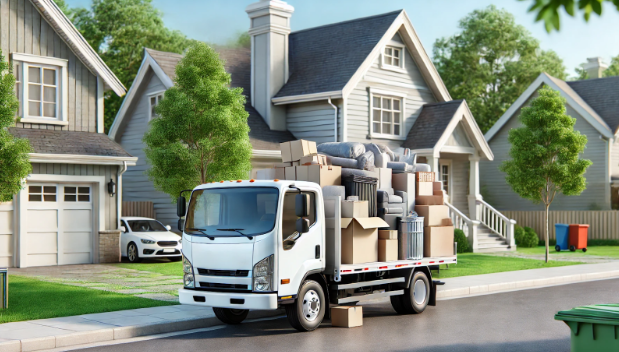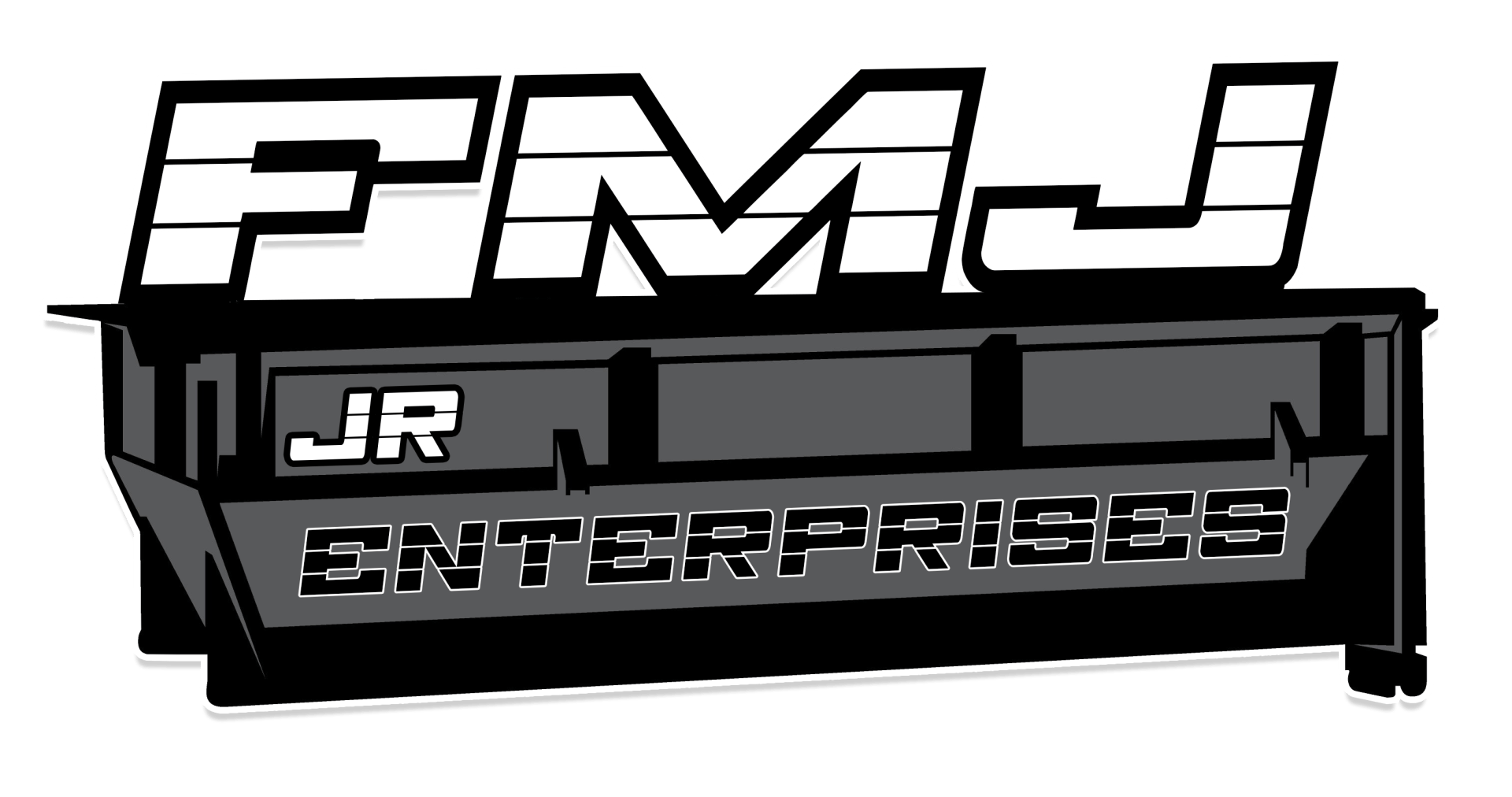
The Ultimate Guide to Residential Junk Removal
Clearing clutter from your home can feel overwhelming. Piles of junk not only take up space but can also drain your energy. Residential junk removal services can help, but understanding the process and making informed decisions are key. In this guide, you’ll learn how to handle residential junk removal efficiently, whether you do it yourself or hire professionals.
Why Residential Junk Removal is Important
Residential junk removal isn’t just about having a tidy home—it impacts your health, safety, and peace of mind. Here’s why it matters:
- Health Benefits: Eliminates dust, mold, and allergens that accumulate in junk.
- Safety: Reduces risks of accidents like trips and falls caused by cluttered spaces.
- Environmental Responsibility: Proper disposal ensures recyclables and hazardous materials don’t harm the environment.
DIY Residential Junk Removal
If you're tackling junk removal on your own, here are some steps to streamline the process:
1. Plan and Prioritize
- Assess the junk: Create a list of items you no longer need.
- Set a timeline: Dedicate specific days for decluttering.
2. Sort Items by Category
- Keep: Things you still use or need.
- Donate: Items in good condition that others could benefit from.
- Recycle: Paper, plastics, metals, and electronics.
- Trash: Broken or unsalvageable items.
3. Gather Supplies
Have the following ready:
- Boxes for donations.
- Heavy-duty trash bags.
- Gloves and masks for safety.
4. Dispose Properly
- Use local recycling facilities for items like electronics or batteries.
- Drop off donations at thrift stores or charities.
- Arrange bulk trash pickup for large items.
Benefits of Hiring Professional Junk Removal Services
While DIY works for some, professionals can save time and effort. Here’s how:
1. Convenience
- Professionals handle heavy lifting, transportation, and disposal.
- They often provide same-day or scheduled pickups.
2. Eco-Friendly Disposal
- Many services recycle or donate usable items, reducing landfill waste.
3. Specialized Expertise
- Knowledge of how to safely dispose of hazardous items like paints or old appliances.
4. Cost Considerations
While there’s a fee, it’s often worth the time and stress you save.
Table: Pros and Cons of DIY vs. Professional Services
| Aspect | DIY Junk Removal | Professional Services |
|---|---|---|
| Cost | Low (or free if recycling/donating) | Higher, depending on service size |
| Effort Required | High | Minimal |
| Environmental Impact | Depends on your disposal methods | Often eco-friendly |
| Time Efficiency | Variable | Quick and efficient |
What Items Can Junk Removal Services Handle?
Residential junk removal services typically manage:
- Furniture: Old couches, beds, and dressers.
- Appliances: Refrigerators, ovens, and washing machines.
- Yard Waste: Branches, leaves, and lawn debris.
- Electronics: TVs, computers, and small gadgets.
They usually avoid hazardous materials like chemicals or asbestos unless specialized.
How to Choose a Junk Removal Service
Selecting the right company ensures a smooth experience. Consider these factors:
- Reputation
- Check online reviews and ratings.
- Ask for referrals from friends or neighbors.
- Services Offered
- Do they handle all types of items, including electronics or yard waste?
- Licensing and Insurance
- Verify that the company is licensed and insured for your peace of mind.
- Cost Transparency
- Get a detailed quote upfront to avoid hidden fees.
- Environmental Policies
- Prioritize companies committed to recycling and eco-friendly disposal.
Tips for Maintaining a Junk-Free Home
Once you've cleared the clutter, keeping it that way is essential. Here’s how:
- Adopt a One-In, One-Out Rule: For every new item, let go of one you no longer need.
- Schedule Regular Cleanouts: Declutter seasonally to prevent buildup.
- Invest in Storage Solutions: Shelving, bins, and hooks can keep your space organized.
- Say No to Impulse Buys: Avoid acquiring items that may end up as clutter.
FAQs on Residential Junk Removal
1. How much does residential junk removal cost?
Costs vary based on location, volume, and type of items. On average, you might spend $150 to $500.
2. Can I get a tax deduction for donated items?
Yes, keep receipts from donation centers to claim a tax deduction.
3. What should I do with hazardous waste?
Check with your local waste management for safe disposal options.
4. Are junk removal services insured?
Reputable companies usually carry insurance to protect against damages during the removal process.
5. Do I need to prepare items before pickup?
Some companies ask you to bag smaller items, while others handle everything as is.
